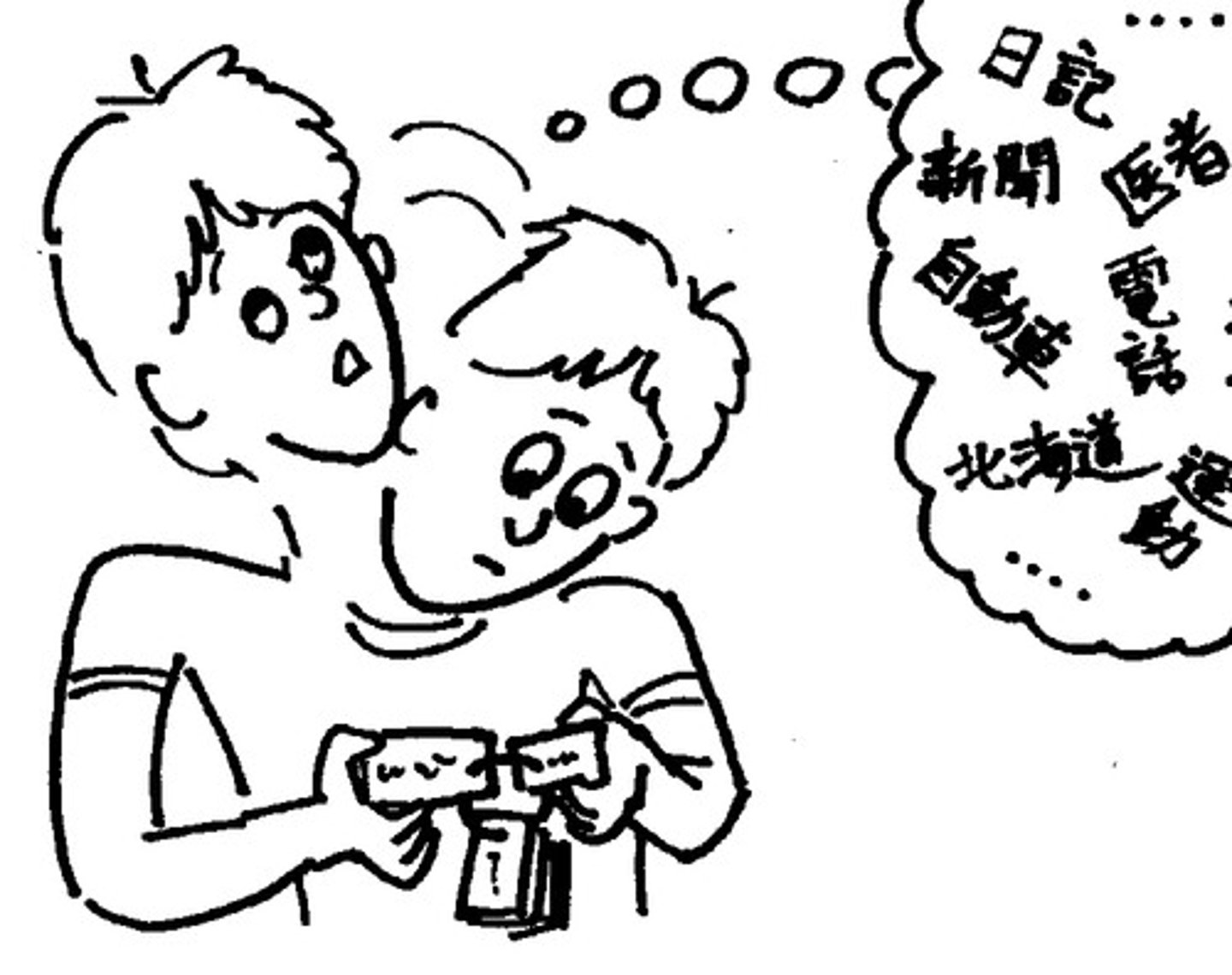9-7 p1
1/33
There's no tags or description
Looks like no tags are added yet.
Name | Mastery | Learn | Test | Matching | Spaced |
|---|
No study sessions yet.
34 Terms
enactment
/ɪˈnækt.mənt/ noun
The process of passing a law or act
sự ban hành (luật)
Origin: Latin enactare = to make into law
Pattern: law enactment, enactment of policy
Ex: The enactment of new environmental laws has had a positive effect.
Syn: implementation, legislation
Form: enact (v)
Relate: law, regulation

indispensable constituent
/ˌɪn.dɪˈspens.ə.bəl kənˈstɪt.ju.ənt/ noun phrase
An essential component of something
thành phần không thể thiếu
Origin: Latin indispensabilis, constituere
Pattern: indispensable role, essential constituent
Ex: Education is an indispensable constituent of national development.
Syn: essential, integral
Form: —
Relate: element, component
refinement
/rɪˈfaɪn.mənt/ noun
Improvement or polishing of something
sự tinh chế, cải tiến
Origin: French raffiner = to purify
Pattern: process of refinement, cultural refinement
Ex: Technological refinements have improved production efficiency.
Syn: improvement, enhancement
Form: refine (v), refined (adj)
Relate: advancement

apparel
/əˈpær.əl/ noun
Clothing, especially formal or commercial use
trang phục
Origin: Old French apareil = preparation
Pattern: formal apparel, sports apparel
Ex: Traditional apparel is often worn during cultural festivals.
Syn: clothing, garments
Form: —
Relate: attire, outfit

virtue
/ˈvɜː.tʃuː/ noun
Moral excellence or a good quality
đức tính, phẩm chất tốt
Origin: Latin virtus = manliness, moral excellence
Pattern: moral virtue, public virtue
Ex: Patience is considered a virtue in many cultures.
Syn: merit, goodness
Form: virtuous (adj)
Relate: morality, ethics

embrace
/ɪmˈbreɪs/ verb
To accept, welcome, or hug something/someone
đón nhận, ôm chặt
Origin: Old French embracer = to clasp
Pattern: embrace change, embrace culture
Ex: It's important to embrace new experiences when studying abroad.
Syn: accept, adopt
Form: embraced, embracing
Relate: acceptance

threshold
/ˈθreʃ.həʊld/ noun
The entry point or starting level of something
ngưỡng, mức bắt đầu
Origin: Old English þrescold
Pattern: income threshold, pain threshold
Ex: The country has reached the threshold of economic recovery.
Syn: limit, boundary
Form: —
Relate: level, entry point

deduce
/dɪˈdjuːs/ verb
To reach a conclusion from reasoning or evidence
suy luận, suy ra
Origin: Latin deducere = lead down
Pattern: deduce from facts, logically deduce
Ex: We can deduce from the data that crime rates are falling.
Syn: infer, conclude
Form: deduced, deducing
Relate: deduction (n), deductive

rite of passage
/raɪt əv ˈpæs.ɪdʒ/ noun phrase
Ceremony or event marking an important stage in life
nghi lễ/biến cố đánh dấu trưởng thành
Origin: —
Pattern: cultural rite of passage, traditional rite
Ex: University graduation is considered a rite of passage in many cultures.
Syn: initiation, milestone
Form: —
Relate: transition, adulthood

forego
/fɔːˈɡəʊ/ verb
To give up or do without something
từ bỏ
Origin: Old English forgān = to go before
Pattern: forego a benefit, forego luxury
Ex: She decided to forego dessert to stay healthy.
Syn: give up, renounce
Form: forewent, foregone
Relate: sacrifice, abandon

divine
/dɪˈvaɪn/ adjective
Related to God or very beautiful
thiêng liêng, tuyệt mỹ
Origin: Latin divinus = of a god
Pattern: divine power, divine intervention
Ex: The temple was believed to be under divine protection.
Syn: sacred, godly
Form: divinely (adv), divinity (n)
Relate: spiritual, holy

deity
/ˈdeɪ.ə.ti/ noun
A god or goddess
vị thần
Origin: Latin deus = god
Pattern: worship a deity, Hindu deities
Ex: Many ancient cultures worshipped multiple deities.
Syn: god, divinity
Form: —
Relate: religion, idol

mounting
/ˈmaʊn.tɪŋ/ adj (before noun)
Increasing, especially in a worrying way
ngày càng tăng (về mức độ nghiêm trọng)
Origin: from "mount" (tăng lên)
Pattern: mounting pressure, mounting concern
Ex: There is mounting pressure on the government to act.
Syn: rising, growing
Form: mount (v)
Relate: escalation, build-up

to become a global citizen
— verb phrase
To identify as part of the global community
trở thành công dân toàn cầu
Origin: —
Pattern: become a global thinker/citizen
Ex: Learning foreign languages helps you become a global citizen.
Syn: —
Form: —
Relate: international, multicultural

to sharpen my memory
— verb phrase
To improve the ability to remember
cải thiện trí nhớ
Origin: —
Pattern: sharpen memory, sharpen mental skills
Ex: Playing puzzles helps sharpen my memory.
Syn: enhance, improve
Form: —
Relate: brain, cognition

to have great exposure to...
— verb phrase
To experience a lot of something
được tiếp xúc rộng rãi với...
Origin: —
Pattern: exposure to new cultures/ideas
Ex: Studying abroad offers great exposure to different cultures.
Syn: encounter, immersion
Form: —
Relate: culture, environment

to advance my career
— verb phrase
To progress in one's profession
phát triển sự nghiệp
Origin: —
Pattern: advance a career, career advancement
Ex: Learning English helps me advance my career.
Syn: progress, promote
Form: —
Relate: profession, development

at an early age
— phrase
When someone is still very young
từ khi còn nhỏ
Origin: —
Pattern: learn at an early age
Ex: Children can absorb languages more easily at an early age.
Syn: young, childhood
Form: —
Relate: early learning, development

to bring the ease of communication
— verb phrase
To make communication easier
giúp giao tiếp dễ dàng hơn
Origin: —
Pattern: bring ease to communication
Ex: Technology brings the ease of communication across countries.
Syn: facilitate, enhance
Form: —
Relate: interaction, language

to do away with language barrier
— verb phrase
To eliminate the difficulty in language
xóa bỏ rào cản ngôn ngữ
Origin: —
Pattern: do away with obstacles/barriers
Ex: Translation tools help do away with language barriers.
Syn: remove, eliminate
Form: —
Relate: communication, understanding

tension
/ˈten.ʃən/ noun
A state of mental strain or hostility
căng thẳng
Origin: Latin tensio = to stretch
Pattern: political tension, muscle tension
Ex: There is growing tension between the two countries.
Syn: stress, pressure
Form: tense (adj), tensely (adv)
Relate: strain, anxiety

intensify
/ɪnˈten.sɪ.faɪ/ verb
To become more intense or make something stronger
làm tăng lên, trầm trọng hơn
Origin: Latin intensus = strong
Pattern: intensify efforts/conflict/feelings
Ex: The storm is expected to intensify overnight.
Syn: heighten, worsen
Form: intensified, intensifying
Relate: escalation, strengthen

intervention
/ˌɪn.təˈven.ʃən/ noun
Action to improve or change a situation
sự can thiệp
Origin: Latin intervenire = come between
Pattern: government intervention, timely intervention
Ex: Early intervention can prevent learning difficulties.
Syn: interference, involvement
Form: intervene (v)
Relate: policy, aid

hatchling
/ˈhætʃ.lɪŋ/ noun
A young animal that has just hatched
con non vừa nở
Origin: hatch + -ling
Pattern: turtle hatchling, bird hatchling
Ex: Hatchlings instinctively move toward the sea.
Syn: newborn
Form: hatch (v)
Relate: chick, offspring

flourish
/ˈflʌr.ɪʃ/ verb
To grow or develop in a healthy way
phát triển mạnh
Origin: Latin florere = to bloom
Pattern: flourish in business/environment
Ex: Startups flourish in supportive ecosystems.
Syn: thrive, prosper
Form: flourished, flourishing
Relate: growth, success

trauma
/ˈtrɔː.mə/ noun
Severe emotional or physical shock
chấn thương
Origin: Greek trauma = wound
Pattern: emotional trauma, psychological trauma
Ex: War veterans often suffer long-term trauma.
Syn: shock, wound
Form: traumatic (adj), traumatised (adj)
Relate: injury, PTSD

war veteran
/ˈwɔː ˌvet.ər.ən/ noun
Someone who has served in the military
cựu chiến binh
Origin: Latin veteranus = old
Pattern: war veteran support/honour
Ex: The country honors its war veterans on national holidays.
Syn: ex-soldier
Form: veteran (n)
Relate: soldier, army

aftermath
/ˈɑːf.tə.mæθ/ noun
Consequences following an event
hậu quả, di chứng
Origin: Old English mæth = mowing
Pattern: aftermath of war/disaster
Ex: The aftermath of the earthquake left thousands homeless.
Syn: consequence, result
Form: —
Relate: outcome, impact

irritable
/ˈɪr.ɪ.tə.bəl/ adjective
Easily annoyed or upset
dễ cáu
Origin: Latin irritare = provoke
Pattern: become irritable, irritable mood
Ex: Lack of sleep makes people irritable.
Syn: moody, short-tempered
Form: irritably (adv), irritation (n)
Relate: anger, frustration

susceptible
/səˈsep.tə.bəl/ adjective
Likely to be affected by something
dễ bị ảnh hưởng
Origin: Latin suscipere = to take
Pattern: susceptible to disease/influence
Ex: Children are more susceptible to infections.
Syn: vulnerable, prone
Form: susceptibility (n)
Relate: sensitivity, exposure

dissociation
/dɪˌsəʊ.siˈeɪ.ʃən/ noun
Disconnection between thoughts, identity or surroundings
sự cách ly
Origin: Latin dissociare = to separate
Pattern: mental dissociation, social dissociation
Ex: Dissociation is common in cases of trauma.
Syn: separation, detachment
Form: dissociate (v), dissociative (adj)
Relate: divide, break

heighten
/ˈhaɪ.tən/ verb
To increase or make something stronger
làm tăng, nâng cao
Origin: from "high"
Pattern: heighten awareness/risk/senses
Ex: Public campaigns aim to heighten awareness of climate change.
Syn: intensify, increase
Form: heightened, heightening
Relate: raise, enhance

outburst
/ˈaʊt.bɜːst/ noun
A sudden expression of emotion or action
sự bộc phát
Origin: out + burst
Pattern: emotional outburst, violent outburst
Ex: His angry outburst shocked everyone.
Syn: eruption, explosion
Form: —
Relate: burst, reaction

relapse
/ˈriː.læps/ noun/verb
Return of an illness or bad condition after improvement
tái phát
Origin: Latin relabi = to slip back
Pattern: relapse into depression/addiction
Ex: She suffered a relapse after months of recovery.
Syn: setback, deterioration
Form: relapsed, relapsing
Relate: recurrence, return
